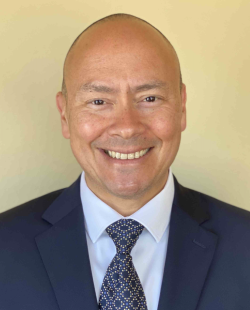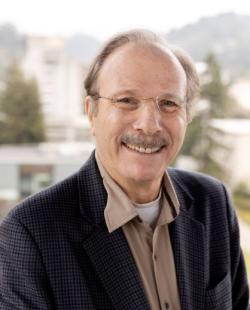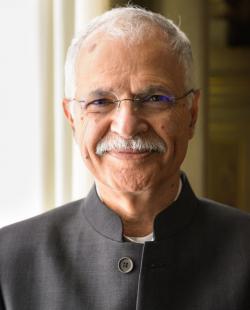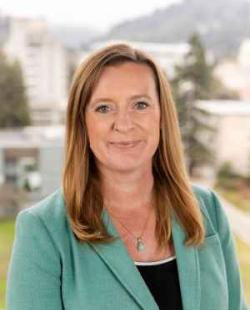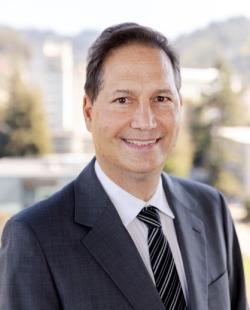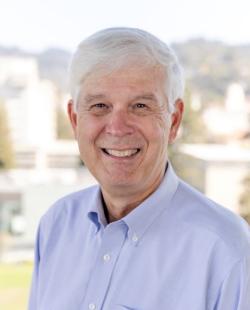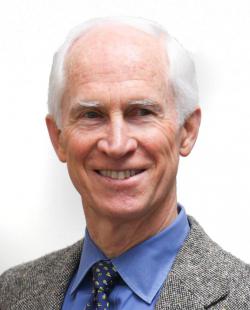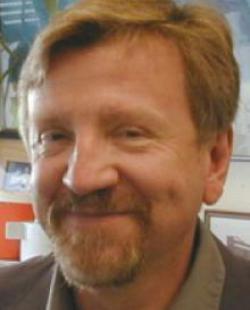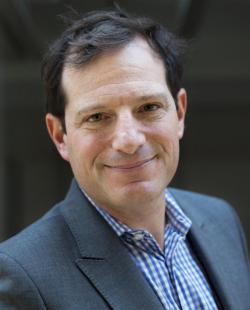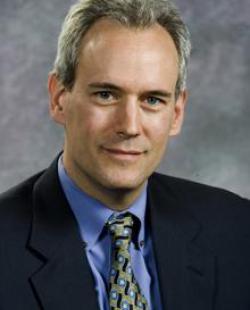Subfield Coordinator: Jennifer Bussell
Berkeley has a longstanding tradition of distinction in comparative politics. Members of the department’s comparative politics faculty are widely recognized as national and international leaders, and the department’s strengths have grown in recent years.
Coverage of substantive themes, methodological approaches, and geographic expertise is extremely broad. Comparative political economy, political regimes and regime change, political parties and organizations, and social mobilization are the subject of great interest among faculty and graduate students. Some comparative faculty and graduate students rely largely upon formal theory in their work. Some are highly proficient in quantitative methods, while others use case studies and qualitative methods. Many faculty and graduate students use multi-method approaches. The faculty emphasizes rigor of method—whether applied in formal, statistical, or qualitative work. All graduate students in comparative politics are expected to achieve proficiency in all methods prevalent in the field.
The faculty and graduate student population is diverse; no single theoretical orientation or methodology enjoys status as orthodoxy. Generally speaking, Berkeley comparativists pursue “big” questions that have broad implications for political life and public policy as well as social science. Such questions include when and why Chinese peasants resist unjust authority; why the Chinese economy has grown so rapidly and what other countries can learn from it; how transformations in the global economy are reshaping the welfare state in advanced industrialized countries; how economic structures and resource flows mold state and market institutions in the Middle East; why economic liberalization has proved difficult in Japan and how it may yet come about; why democracy is failing in Russia while working in Indonesia; why opposition forces succeed in forging electoral alliances in some African polities but not others; how party systems influence the provision of public goods across the Indian states; and how labor organizations are responding to transformations in economic policy in Latin America.

